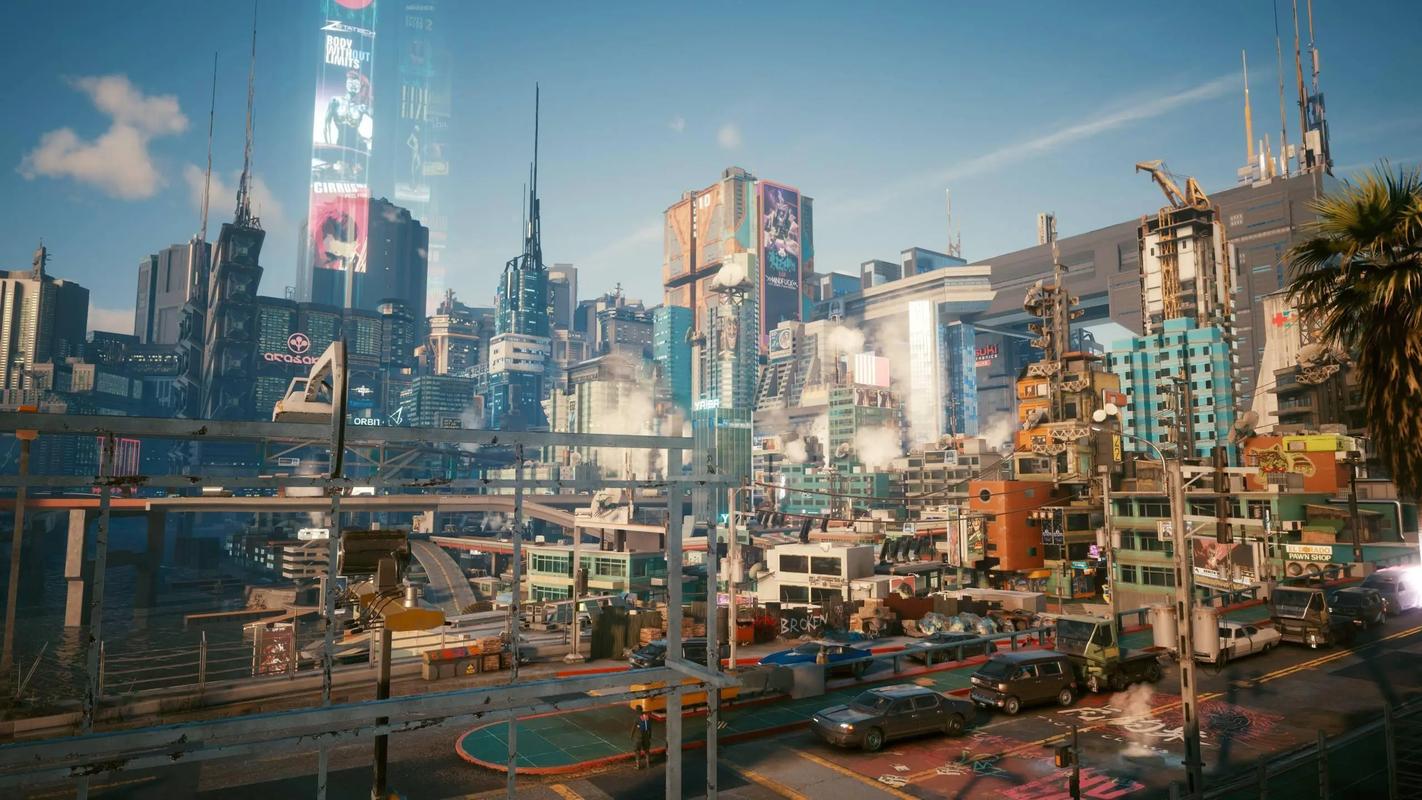The haunting strains of the piano in the main hall of the Raccoon City Police Department are as much a character in Resident Evil 2 Remake as Leon S. Kennedy or Claire Redfield. The game’s audio landscape—a masterful blend of oppressive silence, visceral sound effects, and a minimalist score—was a cornerstone of its critical and commercial triumph in 2019. Composed by a team led by Shusaku Uchiyama and Zhenlan Kang at Capcom, the soundtrack was not merely background noise; it was an active, terrifying participant in the experience. Years after its launch, the score’s reputation has not diminished but has evolved, solidifying its place as a modern classic in video game audio design, worthy of comparison to its own legendary launch reception.
The 2019 Launch: A Symphony of Dread
Upon its release, the Resident Evil 2 Remake score was universally praised for its sophisticated approach to horror. The critical consensus highlighted its radical departure from the original 1998 soundtrack. Where the PlayStation classic relied on melodramatic, looping MIDI tracks that created a constant sense of alarm, the 2019 score embraced a more cinematic and psychological approach.
The brilliance of the new score lay in its restraint. Tracks like "The First Floor" and "The Station" are not traditional melodies but rather "atmospheres"—layers of dissonant strings, unsettling industrial drones, and distant, echoing percussion. This soundscape achieved two things masterfully. First, it induced a state of perpetual anxiety. The music was often so subtle that players questioned if it was even there, blurring the line between the game's audio and their own heightened paranoia. This made the moments of explosive, dynamic music—the heart-pounding "Mr. X" stalker theme or the frantic "Tyrant Boss Fight"—all the more impactful. The contrast between oppressive silence and cacophonous terror was a key driver of the game's pacing.
Secondly, the score paid profound homage to the original while standing on its own. Tracks like the "Save Room" theme are beautiful, melancholic rearrangements of the classic tune, providing fleeting moments of safety and poignant reflection. The main hall theme is a ghostly echo of its predecessor, its familiar melody now fragmented and distorted, much like the rebuilt police station itself. This delicate balance between nostalgia and innovation was a significant factor in the game's perfect review scores and numerous "Game of the Year" awards. The audio was recognized as a technical and artistic marvel, perfectly complementing the photorealistic visuals and modernized gameplay.
The Evolution of Appreciation: A Deeper Listen
In the years since launch, the appreciation for the RE2 score has deepened and matured, moving beyond initial praise for its effectiveness to a recognition of its complexity and subtlety. This evolution can be seen in several key areas:
1. Analytical Listening and Fan Deconstruction: Separated from the immediate panic of a first playthrough, fans and critics have dissected the score’s intricate layers. Analysis videos and articles have proliferated online, breaking down how specific leitmotifs are used. The persistent, three-note piano motif associated with the undead, the pulsing, rhythmic tension of the Licker's theme, and the terrifying, inexorable percussion that announces Mr. X are now understood as sophisticated musical storytelling devices. The score is no longer just "scary"; it is seen as a meticulously crafted narrative tool that guides player emotion with surgical precision.
2. The Isolated Soundtrack Experience: A true test of any game score is its ability to hold up outside the game. The RE2 soundtrack passes this test with distinction. Listening to it in isolation reveals its depth as a piece of modern classical and ambient music. Tracks like "Last Judgment" and "Escape from Laboratory" are powerful, orchestral pieces that convey a sense of epic tragedy and desperate urgency. The quieter, ambient tracks are studies in tension-building. This has led to a broader appreciation among fans of game music and even film score enthusiasts who may not have played the game, cementing its status beyond its original context.
3. Comparison to Successors: The release of Resident Evil 3 Remake (2020) and Resident Evil Village (2021) provided new points of comparison. While both have excellent scores, many argue that RE2’s remains the high-water mark for the modern series. RE3’s score, though intense and action-oriented, is often seen as less nuanced, reflecting that game's shift towards a more linear, action-heavy pace. Village’s score is more grandiose and gothic but operates on a different kind of horror. This comparison has only burnished RE2’s reputation; its commitment to slow-burn, psychological dread through sound is now viewed as a unique achievement even within its own franchise.

4. Enduring Impact on Gameplay: The score's design has proven to be timelessly effective. For new players discovering the game today, the audio experience is just as potent as it was in 2019. Mr. X’s footsteps and his theme music remain one of the most potent anxiety-inducing mechanics in any horror game. This longevity proves that the score’s quality is not reliant on technical novelty but on fundamental, masterful composition and sound design.
Conclusion: A Lasting Legacy
Comparing the Resident Evil 2 Remake score's status today to its 2019 launch reveals a clear trajectory: from celebrated component of a masterful game to a standalone work of art with a revered legacy. Initially praised for its intelligent restraint and powerful homages, it is now recognized for its intricate composition and profound narrative influence. It set a new benchmark for audio in survival horror, demonstrating that true terror often lies not in a loud jump-scare chord, but in the agonizing, silent anticipation of what might come next—an anticipation the score masterfully manipulates.
It has transcended its role as a companion to gameplay to become a reference point for horror scoring, much like the original Resident Evil was in 1996. The remake’s score is no longer just the sound of Raccoon City's nightmare; it is the sound of a modern classic, whose chilling notes continue to resonate powerfully within the halls of gaming history.














